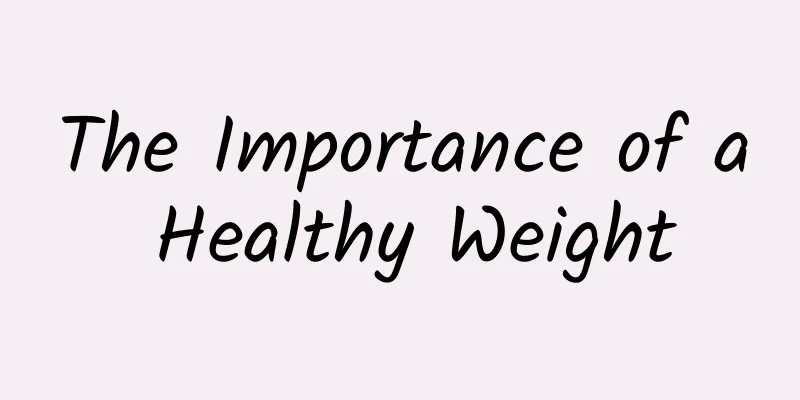Dietary taboos for polycystic ovary disease

|
Polycystic ovary disease is also a common gynecological disease in our lives. The main cause of this disease is the enlargement of the ovaries in our body, which leads to polycystic disease. As we all know, the health of the ovaries is the key to ensuring that women can have children, so suffering from polycystic ovary disease for a long time may lead to infertility. Here is a brief introduction to the dietary taboos for polycystic ovary disease. Specific dietary considerations for polycystic ovary are as follows: 1. Things that people with polycystic ovary should not eat: Do not eat warm blood-moving foods such as leeks, peppers, mutton, dog meat, etc. 2. Things that people with polycystic ovary should not eat: Do not eat irritating foods such as garlic, pepper, onion, cinnamon, etc. 3. Things that people with polycystic ovary should not eat: Do not eat fried, moldy, greasy, or pickled foods. 4. Things that people with polycystic ovary should not eat: no smoking or drinking. Recommended recipes: 1. White radish juice: Chop 3 white radishes, wrap them in dry gauze, and squeeze out the juice. 1 dose/day, divided into 3 doses, preferably taken regularly. Function: Promote qi and eliminate phlegm. It is mainly used to treat phlegm-dampness type polycystic ovary syndrome; symptoms include infrequent menstruation, or amenorrhea, or infertility, obesity, excessive phlegm in the morning, nausea and vomiting, loss of appetite, abdominal distension, and a greasy and uncomfortable mouth. 2. Black-bone chicken and Millettia reticulata soup: Slaughter 250 grams of black-bone chicken, remove the hair and intestines, cut into pieces, put into boiling water and cook for 5 minutes, take out and cool, put into the pot with 30 grams of Millettia reticulata (chopped), 10 grams of ginger, and 4 red dates (pitted), add appropriate amount of water, boil over high heat, then simmer for 2 hours on low heat, and season before serving. Function: Nourish blood, promote blood circulation, regulate menstruation. It is mainly used to treat polycystic ovary syndrome with blood deficiency and stasis; symptoms include infrequent menstruation, scanty menstrual volume, purple-red color, occasional blood clots, abdominal pain, sallow complexion, dizziness and palpitations. It can also be used for anemia after bleeding. The above content introduces in detail the dietary taboos of polycystic ovary disease, as well as the dietary therapy methods that can improve the disease. I hope it can be of great help to patients and friends. Once you find out that you have polycystic ovary disease, you must never ignore your condition. You should actively cooperate with the doctor's treatment to avoid wasting time and causing infertility. |
<<: Tips for breast enhancement with Chinese medicine
>>: What are the dietary taboos for adnexitis?
Recommend
What is the reason for the growth of rainbow jade succulents and how to prevent them from growing too tall
As people's living standards improve, more an...
How to distinguish menstruation after childbirth?
Mothers who have just given birth often have loch...
What causes nephritis in women?
With the changes of the times, today's societ...
Lochia turns yellow and then has blood
Many mothers are unable to completely get rid of ...
Drinking a bottle of beer occasionally during breastfeeding
Wine is a type of alcohol that many people like t...
How big is the baby in one month of pregnancy and what to pay attention to
The issue of how big the baby is after one month ...
How many days after menstruation is it easy to get pregnant?
When some female friends want to have a child, th...
What should I prepare for a natural birth?
Natural childbirth is a way for women to give bir...
How to predict your child's height
Parents often bring their children to the clinic....
What to do if you have a poor appetite after childbirth
Postpartum women are weak and need timely nutriti...
Pregnant woman with giant cell IgG positive
Pregnancy is the most important period for a woma...
How can middle-aged women exercise well?
In recent years, with the increase in people'...
What to do about puffy eyes during menopause
As women age, their physical condition changes. E...
How long does it take for a girl to feel uncomfortable after her first time?
Sexual life is a normal physiological behavior of...
Does mild pelvic inflammatory disease affect pregnancy?
If pelvic inflammatory disease is relatively mild...









